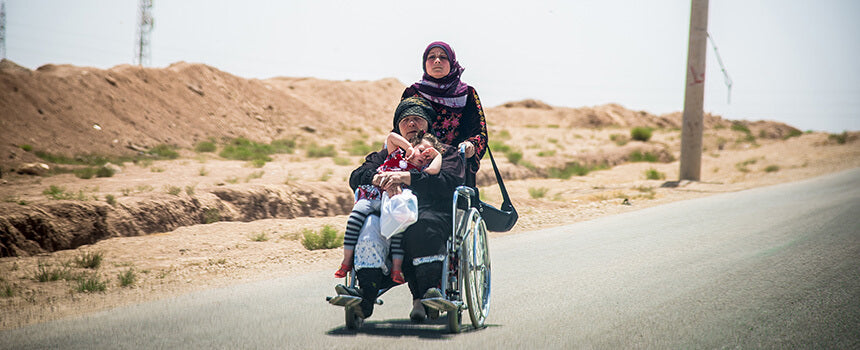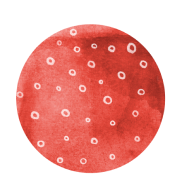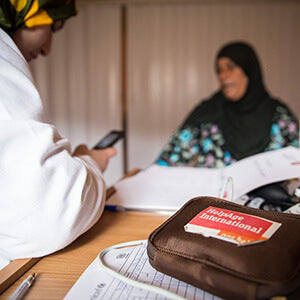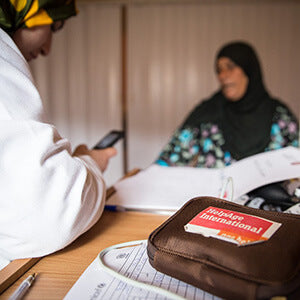Day 18
A dose of insulin for an elderly Syrian refugee with diabetes
 Diabetes does not have to be a death sentence
Diabetes does not have to be a death sentence


Free medical care for elderly Syrian refugees

need
Medical care for elderly, chronically ill refugees in Lebanon.
activity
Mobile and fixed health centers provide free medical care for chronic diseases such as diabetes to elderly people in Lebanon.
Measurable performance
Every month, 1,885 chronically ill patients can be provided with adequate medication and treatment in basic health facilities.
Result
The health status of chronically ill refugees in Lebanon has improved significantly.
Systemically relevant impact
The mortality rate among elderly refugees is falling. The psychological well-being of these people has improved significantly.
background


The good deed
AboutLebanon
Beirut
Capital city
5 850 700
Population
11 157
Gross domestic product
per capita per year
67
Human Development Index
(Human Development Index)



